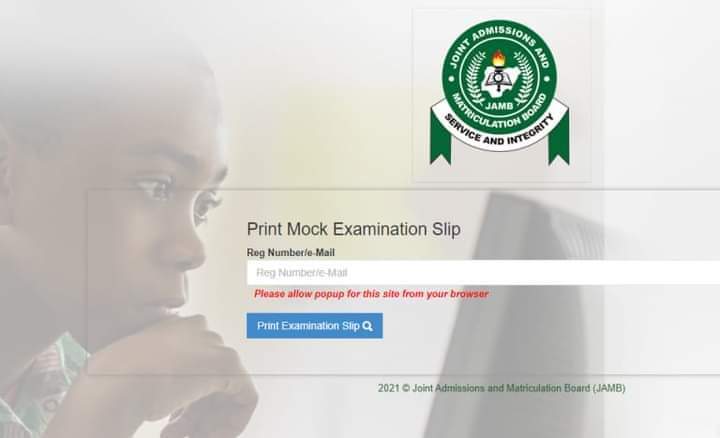A Comprehensive Guide to Basic Direct Entry (DE) Application & Registration Requirements 2024

Basic Direct Entry (DE) Application & Registration Requirements
Are you considering pursuing higher education through Direct Entry (DE) programs? Direct Entry is a pathway for prospective students to gain admission into universities without necessarily going through the traditional route of undergraduate studies. Understanding the application and registration requirements is crucial to successfully navigate this process. In this blog post, we’ll delve into the fundamental aspects of Basic Direct Entry Application & Registration Requirements to help you kickstart your journey towards higher education.

What is Direct Entry (DE)?
Direct Entry is a mode of admission that allows individuals with qualifications beyond the secondary level to gain direct entry into universities or colleges for undergraduate programs. Unlike the conventional route where students start with a foundation or undergraduate degree, DE applicants bring specialized knowledge or skills acquired through various means such as diplomas, professional certifications, or relevant work experience.
Basic Direct Entry Application & Registration Requirements
1. Educational Qualifications:
DE applicants must possess qualifications equivalent to or higher than the standard secondary education requirements. This typically includes:
- Diplomas from recognized institutions
- Advanced level certificates (e.g., A-levels, IB, AP)
- Vocational qualifications
- Professional certifications
It’s essential to check with the specific university or college for their accepted qualifications.
2. Relevant Work Experience (if applicable):
Some DE programs may require applicants to demonstrate relevant work experience in the field they intend to study. This can be evidenced through work certificates, letters of recommendation, or resumes highlighting professional achievements.
3. English Language Proficiency:
Since DE programs are often taught in English, proficiency in the English language is crucial. Applicants may need to provide evidence of English proficiency through standardized tests such as the TOEFL, IELTS, or equivalent examinations.
4. Application Form:
Completing the application form accurately and thoroughly is paramount. Provide all requested information, including personal details, educational background, work experience (if applicable), and program preferences. Ensure all supporting documents are attached as per the institution’s requirements.
5. Application Fee:
Most universities and colleges require applicants to pay a non-refundable application fee. The fee amount varies between institutions and may be subject to change, so it’s essential to check the latest fee structure.
6. Submission Deadlines:
Adhering to application deadlines is critical. Missing the deadline could result in your application not being considered for the desired intake. Keep track of the application timeline and submit your documents well in advance.

Submission deadlines vary depending on the institution and the specific Direct Entry program you’re applying to.
It’s crucial to thoroughly research and note down the deadlines for each university or college you’re interested in. Generally, deadlines can fall anywhere from several months before the start of the academic year to just a few weeks prior.
To ensure you don’t miss any deadlines, follow these steps:
- Research: Visit the official website of each institution and navigate to the admissions or application section. Here, you’ll typically find information regarding application deadlines for Direct Entry programs.
- Note Down Deadlines: Create a list or calendar to keep track of application deadlines for each institution. Make sure to note down both the initial application deadline and any supplementary material deadlines, such as recommendation letters or transcripts.
- Set Reminders: Set reminders on your calendar or phone for important deadlines to ensure you submit your application materials on time.
- Plan Ahead: Give yourself enough time to gather all necessary documents and complete your application. Starting the process early will help alleviate stress and ensure you have ample time to address any unforeseen issues.
- Contact Admissions Offices: If you have any questions about specific deadlines or need clarification on any aspect of the application process, don’t hesitate to reach out to the admissions offices of the respective institutions for assistance.
Remember, missing a deadline could potentially jeopardize your chances of admission, so it’s crucial to stay organized and plan ahead accordingly.
Conclusion
Navigating the Basic Direct Entry Application & Registration Requirements doesn’t have to be daunting. By understanding the fundamental criteria outlined above and thoroughly preparing your application materials, you can set yourself up for success in gaining admission to your desired DE program. Remember to research specific requirements for each institution and seek guidance from admissions counselors if needed. Embark on your journey towards higher education with confidence and determination!
Stay tuned for more insightful content on educational pathways, admissions processes, and tips for academic success. If you have any questions or would like to share your experiences with Direct Entry programs, feel free to leave a comment below. We’re here to support you every step of the way.
arewanahiya.com







